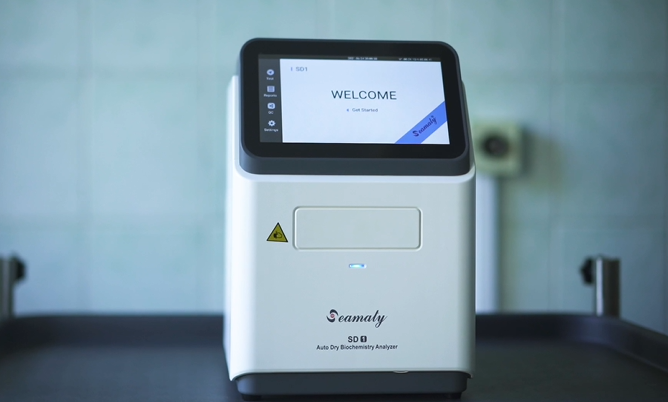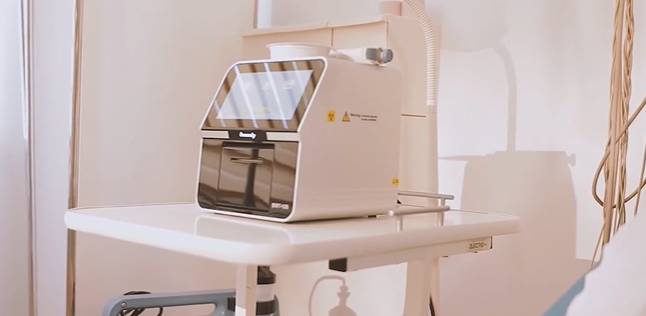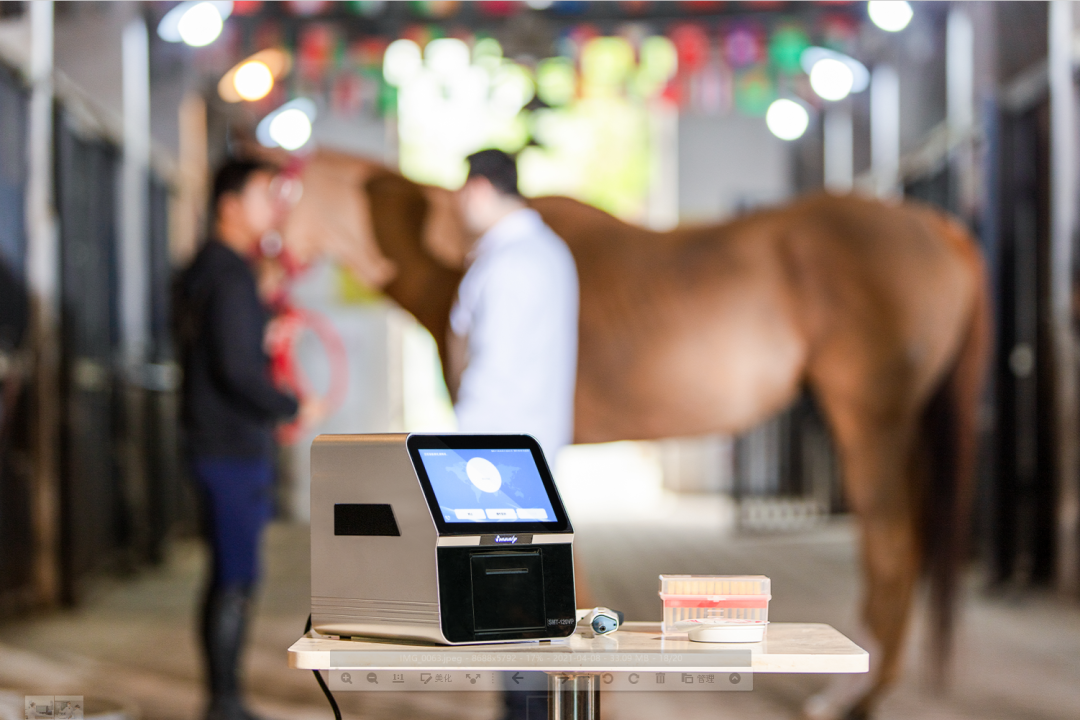Dry chemistry test
Dry chemistry analysis is the term used in contrast to wet chemistry techniques. A dry chemistry analyzer is a process in which a liquid test sample is added directly to a dry reagent strip manufactured specifically for each project. The dry chemistry analyzer uses the moisture of the sample being tested as a solvent to cause a specific chemical reaction that leads to a chemical analysis.
This type of analysis is a class of analytical methods based on enzymatic methods. Dry chemistry is also known as dry reagent chemistry or solid phase chemistry.
Dry chemistry advantages
Dry chemistry analyzers use reflectance photometry or differential electrode methods as a means of measurement.
It has the following main features.
-
1. high accuracy and speed (Seamaty SD1 fully automated dry chemistry analyzer gives results in 12 minutes).
-
2. easy operation of the dry chemistry analyzer, which does not require daily calibration.
-
3. the dry chemistry analyzer does not require any other reagents to be stored or any solutions to be prepared.
-
4. no sample pre-treatment is required for the dry chemistry analyzer. The multi-layer membrane has selective filtration function. This reduces the influence of interfering substances during the determination process.
-
5. small sample volume (only 100ul for SD1 automatic dry chemistry analyzer). The moisture during the reaction is supplied by the liquid component of the sample, which improves the sensitivity of the determination.
-
6. based on the principle of differential electrode method, the multilayer membrane is disposable. Therefore, it has the advantages of conventional electrode method without its disadvantages.
-
7. in some cases can be used in place of wet chemistry for emergency specimens. It can also be used for the methodological evaluation of routine test results, etc.
Dry chemistry is not only used for qualitative examinations, but has also been developed as a semi-quantitative and quantitative analytical method. It has become an important class of methods in clinical testing.

Dry chemistry testing has made great progress in the qualitative examination of urine. Some test strips can now measure a variety of items simultaneously. For example, urine protein, urine sugar, occult blood, bilirubin, urobilinogen, ketone bodies, specific gravity, nitrite, bacteriuria, etc.
Dry chemistry disadvantages
The high cost of reagents for dry chemistry analyzers imposes a large financial burden on patients. Moreover, dry chemistry reagents are difficult to store, with short storage validity period and high storage temperature requirements.
Dry chemistry analyzer manufacturer
Seamaty's SD1 SMT-120 dry chemistry analyzer is easy to operate, small in size, and requires a small sample volume. The reagents are lyophilized reagent beads with a shelf life of up to 1 year.
Seamaty is a fast growing medical device manufacturer specializing in the development, manufacture and marketing of clinical diagnostic products.
Based in Chengdu, China, Seamaty manufactures a wide range of IVD devices and reagents based on blood tests, biochemical diagnostics, immunodiagnostics, and POCT.
Seamaty clinical test analyzers are supported worldwide by a qualified business development and service support team. We provide support in other countries through highly trained and professional distribution partners.



